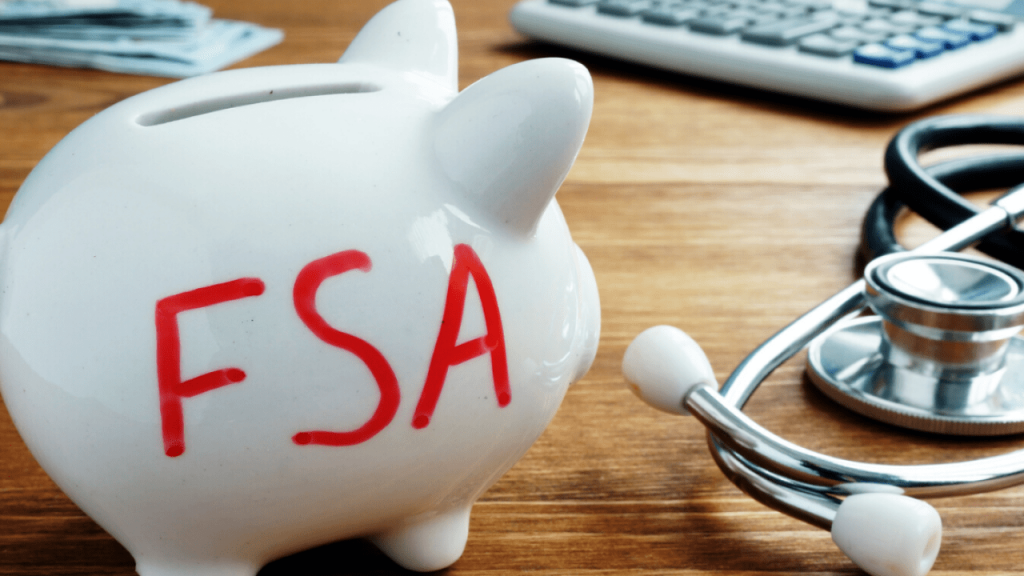Do you have a tax-saving flexible spending account (FSA) with your employer to help pay for health care expenses? For 2021, FSA participants could contribute up to $2,750 of pre-tax dollars to pay for medical expenses that might not otherwise be deductible (the amount rises to $2,850 for 2022). FSA contributions are also not subject to FICA taxes. Upon request, the plan reimburses participants for qualifying expenses, tax-free.

WHAT IF YOU DON’T SPEND IT ALL?
FSAs generally have a “use-it-or-lose-it” rule, which means you must incur qualifying medical expenditures by the end of the plan year (December 31 for a calendar year plan). Unused amounts when the plan year ends are generally forfeited – that is, unless the plan includes an optional grace period of up to 2 ½ months to incur qualifying expenses. For a 2021 calendar year FSA plan that has a grace period, that period will end on March 15, 2022. To avoid forfeiting FSA funds after March 15, participants in a calendar year plan will need to act fast to use their available funds for qualifying medical expenses.
GOOD NEWS!
In 2021, the IRS added COVID-19-related expenses to the list of qualifying FSA expenses. That includes COVID-19 home tests and personal protective equipment such as masks, hand sanitizer and sanitizing wipes purchased for the primary purpose of preventing the spread of COVID-19. Participants can ask their employers for a list of qualifying expenses and the documentation required for reimbursement.
